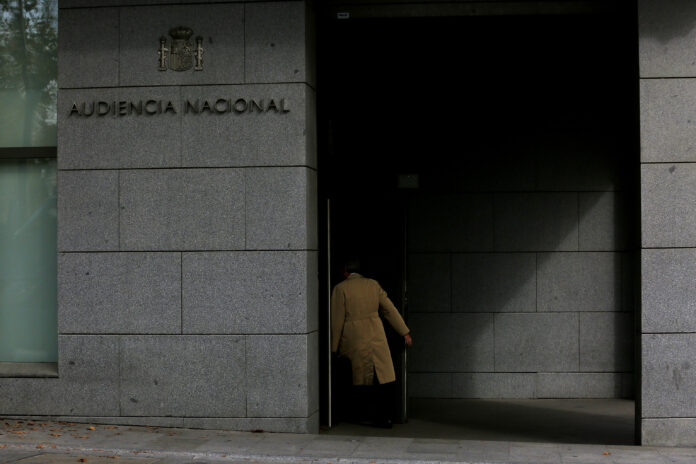The central judge of Penitentiary Surveillance, José Luis de Castro, has revoked two of the last third degrees granted to ETA prisoners by the Basque Government. The decision affects Iñaki Bilbao Gaubeka and Gorka Martínez Ahedo, both convicted of numerous attacks.
In both cases, the key element to deny access to semi-liberty is that there has been no express request for forgiveness towards their victims, but rather a generic lament for the pain caused. That element had been used by the prosecutor Carlos Bautista in the appeals against prison benefits.
“There is an empathy towards the victims, but it does not personalize its position in front of those people on whom it attacked, which forces to promote the treatment path before accessing the intended degree,” says the order referring to Bilbao. The ETA member belonged to the Vizcaya commando and was sentenced for planning the assassination of former Minister of the Interior Juan María Atutxa and the president of the PP in Euskadi, Carlos Iturgaiz.
In the case of Martínez Ahoedo, convicted of murder, the judge indicates that it is read that the penitentiary law includes “the requirement of an express request for forgiveness from the victims of their crimes, and in the case that concerns us there is no manifestation of forgiveness to the victims of his criminal activity are not even referenced in his writing, especially when there are convictions for murder”.
This circumstance prevents access to semi-liberty, despite the favorable elements that the prison in which they are found and the Basque Executive find in both and that earned them the concession of the third degree now revoked.
Both can appeal the judge’s decision before the First Section of the National High Court, which is responsible for all prison matters. The court has recently examined the relevance of express pardon letters to access prison benefits.
Until now, this court had been demanding it, but in one of the latest decisions permits were granted to an ETA member who had not expressly asked for forgiveness. Two of the magistrates issued dissenting votes emphasizing that, although they supported the permits, they did not do so because they considered the generic pardon sufficient. It was other elements that led them to it.
The granting of permits that questioned the relevance of repentance was drawn up by Judge José Ricardo de Prada, recently incorporated into that First Section. His order highlighted that express forgiveness is not a requirement to access ordinary permits, which are one step below the semi-freedom that the third degree entails.
Conforms to The Trust Project criteria








